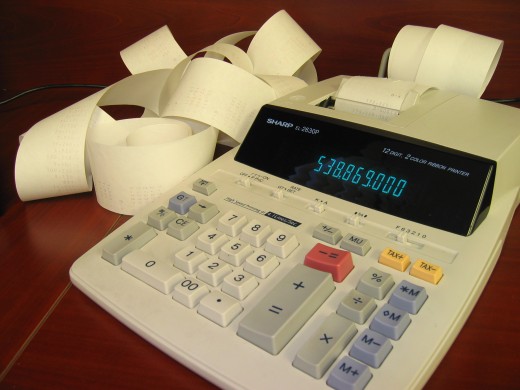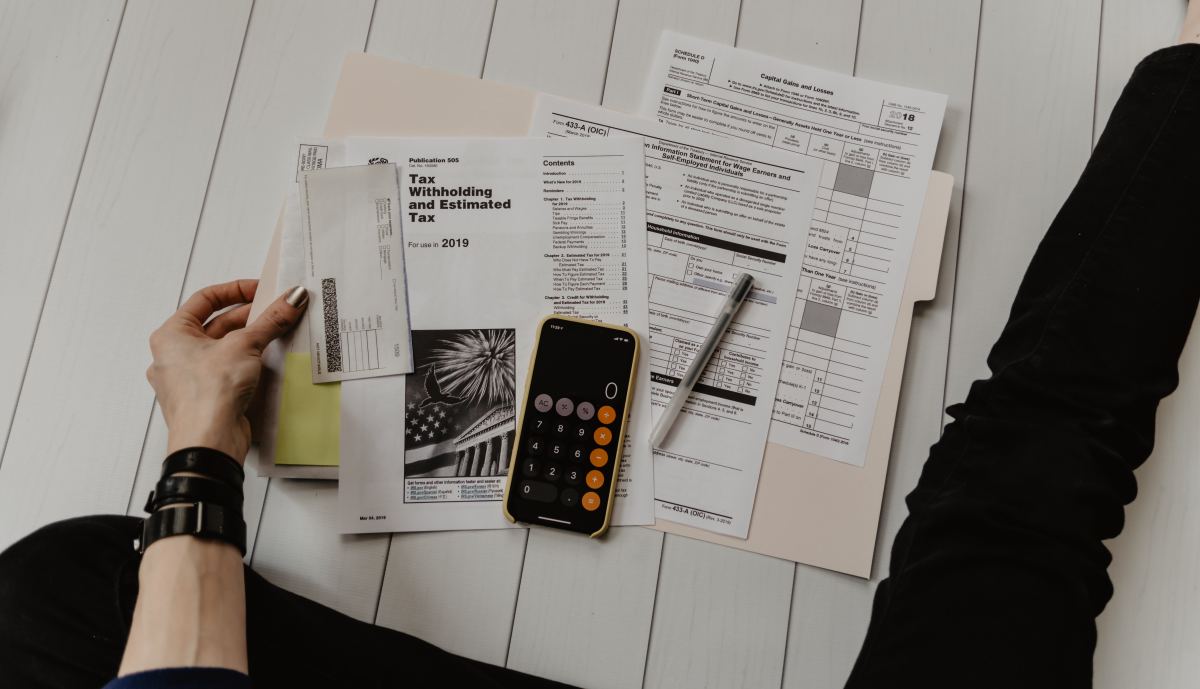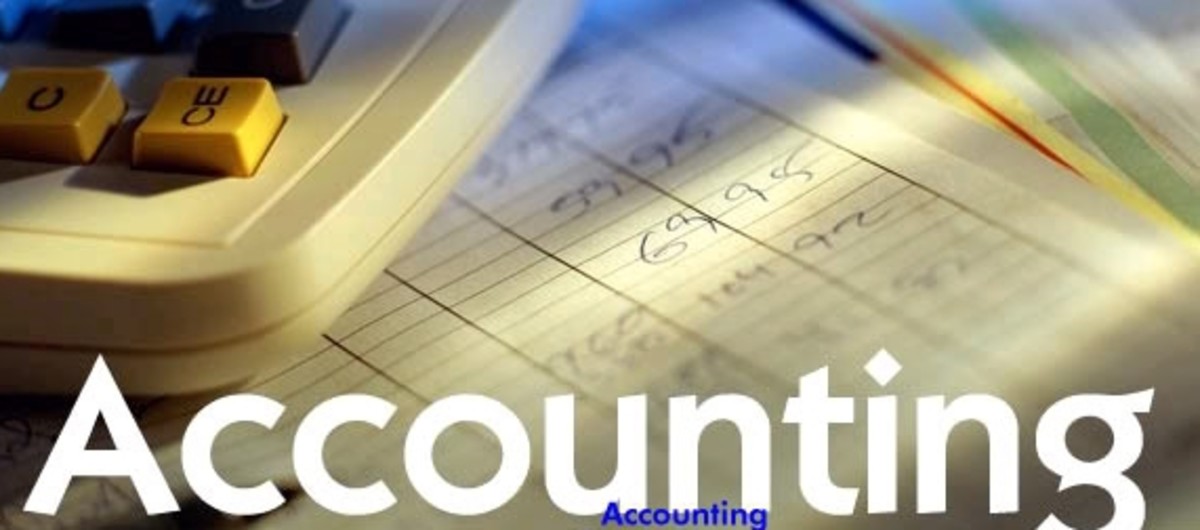AIU ACCT 205 - Principles of Accounting I - Week 1 Individual Project- Sample Paper

Unit One Individual Project Principles of Accounting ACCT 205 Sample Research Paper
As part of my forthcoming how to write a research paper project, I have decided to post a number of papers I have written for past classes. These were all papers that I wrote and received A’s on. In most cases, these sample research papers received the maximum potential score. I hope these example research papers serve others well.
I know that many times, the classes we take—particularly online college courses—leave us with very little direction when it comes to writing research papers. Many times, I was left scratching my head, trying to figure out what it was the instructor wanted for research paper for any given class. I stuck with my gut and pushed through, annoying as it was.
The great thing about these research papers is that they really do not take long to write. In most cases, from start to finish, you can write one within an hour or two. As I stated earlier, I’ll be getting more in depth about how to write a research paper in the very near future. For now, hopefully, these research paper examples can serve someone well.
This particular paper was written for a class over at the online American InterContinental University.
The Primary Objectives of Accounting
Accounting is used to tell us whether a business is financially sound and/or profitable. Accounting tells us if empirical evidence suggests whether to invest in a business venture or not. “The purpose of accounting is to identify, measure, and communicate economic information…” (Alderman, 2010). Now, this description actually goes on to indicate you’re going to be looking at a specific entity—person or business—but, accounting translates to any business or person. Many accountants handle the finances of multiple clients, businesses and people alike. Accounting teaches us to understand financial data, to weigh it against other empirical data, and to share it with others.

Basic Terminology of the Accounting Process or Financial Reporting
There are a number of terms used in accounting. Many of these words might seem familiar, but they have specific meanings within accounting. According to Alderman, the basic accounting principles every accountant should know are as follows:
Assets – A quantifiable and beneficial resource possessed by the company, typically from a prior transaction.
Balance Sheet – A document used in accounting to report an entity’s assets, liabilities, and equities.
Comparability – Using accounting measurements to measure two companies in comparison to one another.
Dividends – Portion of a company’s profits that are paid out to stakeholders.
Equity – The share of a company’s assets that belong to owners’.
Expense – A decrease in a company’s resources, which can include loss on a sale, hiring services, utilities, and more.
Income Statement – An accounting report that shows an entity’s income and expenses.
Liability – An accounting principle that indicates resources in possession of the company that bear a financial burden.
Revenue – When a company sells something, the income they bring in is considered revenue. This does not need to be limited to the sale of goods or services produced or provided by the company.
Accounting, My Personal Life, and Professional Ethics
Ethics is doing what is right. You must often weight the opportunity cost, but there is a right way and a wrong way to do business. You will not learn these professional ethics in a classroom. Instead, you will learn them as you are raised and as you venture out into the world. Because so many financial practices over the years have led to such chaos within the economy, schools and businesses are now requiring an ethical program be part of business and accounting training. This is a great notion, but it is not going to solve the problem. Ethics comes from the person, not from some textbook.
In my personal life, I rarely use accounting other than to balance my check book. I am no good at budgeting. My wife does pretty well, though. I do use accounting on a daily basis in my own business. Luckily, I am not in financial services. I am independent contractor who handles work for a number of companies and my own small endeavors. My expenses are minimal. Keeping track of things is done on a simple spreadsheet I set up. I don’t need any advanced software or a CPA. These are things I can handle easily at home.

Technology & Small Business Accounting
Technology has impacted all of our personal and professional lives. In accounting, technology has sped up the process and made it easier to check for errors. People can use simple and even free programs for accounting such as OpenOffice. They can also invest in more robust applications such as PeachTree or MYOB for accounting for their small business. Now, accountants must have computer skills where once they kept track of everything with pencils and reams of ledger paper. There might have been a calculator here or there, but because of the advanced functionality of computers, once accountant can easily accomplish what might have once taken ten or 100.
References
Godwin, A. (2010). Financial ACCT (2010 Edition). Mason, OH: South-Western, Cengage Learning.
Links to Other Example Research Papers
- Economic Growth Strategies for Hong Kong & Singapore
I originally wrote the base paper for this hub as part of an assignment for my Econ 224 Macroeconomics class over at American InterContinental University Online. I received an A on the paper, although it was a bit of a bear for me to write. There...









